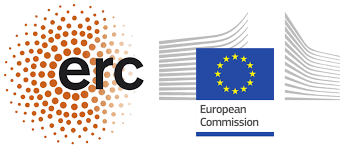
The project is one of a group of international academic networks funded by the Arts and Humanities Research Council and led by universities based in the UK. They have been set up to conduct collaborative arts and humanities-based research into some of the world’s most pressing development challenges.
The five networks will be funded using more than £9m from the Global Challenges Research Fund (GCRF), using the AHRC’s ‘Network Plus’ model. This is designed to bring together a wide range of UK arts and humanities research expertise with researchers and non-academic partners in low and middle income countries.

The Global Challenges Research Fund (GCRF) is a £1.5 billion fund to support cutting-edge research and ensure the UK takes a leading role in global development. By working with world-leading researchers and institutions, the fund contributes to addressing the complex global issues faced by developing countries. It focuses on challenge-led, multidisciplinary research, providing an agile response to emergencies in need of urgent analysis and strengthening the UK and developing countries’ capability for research. GCRF forms part of the UK Government’s Official Development Assistance (ODA) commitment and is overseen by the Department for Business, Energy and Industrial Strategy (BEIS).

The European Research Council (ERC) mission is to encourage the highest quality research in Europe through competitive funding and to support investigator-driven frontier research across all fields, on the basis of scientific excellence. The ERC complements other funding activities in Europe such as those of the national research funding agencies, and is a flagship component of Horizon 2020, the European Union’s Research Framework Programme for 2014 to 2020. Being ‘investigator-driven’, or ‘bottom-up’, in nature, the ERC approach allows researchers to identify new opportunities and directions in any field of research, rather than being led by priorities set by politicians. This ensures that funds are channelled into new and promising areas of research with a greater degree of flexibility.
